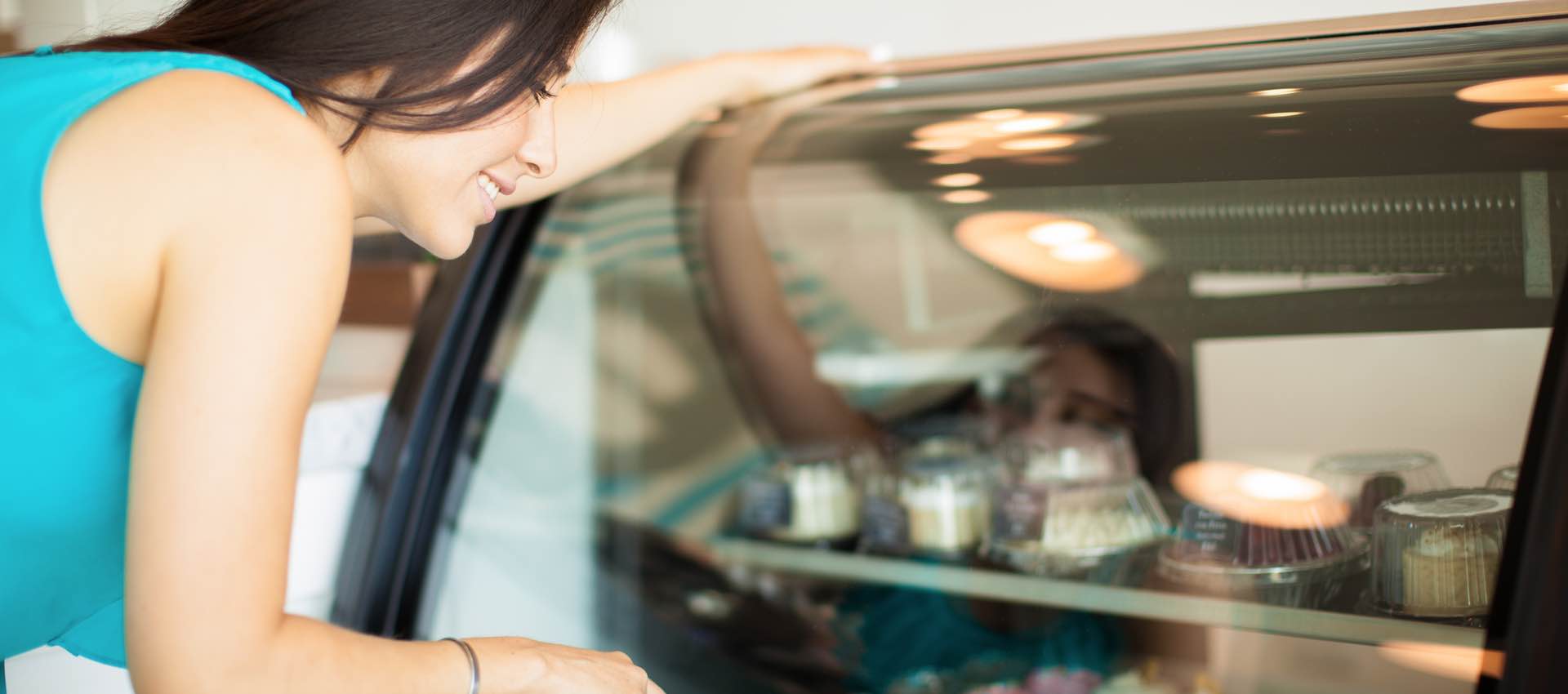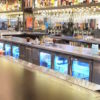In a restaurant, one of the most expensive and important pieces of equipment you will purchase is your commercial refrigerator. Commercial refrigerators often cost many thousands of dollars a piece, so prioritizing the care of your investment with proper fridge cleaning and maintenance is necessary.
A clean, well cared for fridge doesn’t just mean better food, it also means ridding your restaurant of a possible fire hazard. According to the National Fire Protection Association (NFPA), refrigerators, freezers, and ice makers were involved in 1,710 home structure fires per year from 2006 to 2010.
There are many ways that your fridge could catch fire:
- The most common reason for fridge fires is the compressor due to overheating. If the overheated compressor comes into contact with combustible items, that can create a fire.
- If the refrigerator is left sitting on it’s power cord.
- If water penetrates the fridge door seal, it can create a short circuit, which then leads to a hot spot that can catch the rubber seal up in flames.
- Faulty wiring within the fridge itself.
- Irregular power voltage going to the fridge from the building that the fridge is hooked into. If the fridge is receiving more power than it can handle, that can hurt the machine.
- If your fridge has the gas Cyclopentane (C5/C-pentane) used within the fridge foam, it makes the foam highly flammable and the resulting fire very difficult to control.
While it might seem like a daunting list, enlisting the help of routine check-ups and in-depth research of any fridge purchases you make can very easily eliminate these hazards.
- Clean your coils. Dusty, dirty coils can stop the fridge from cooling properly and result in wasted electricity and food. Unplug your fridge and dust them off.
- Check your compressor. Make sure it’s making no odd noises and the internal/external temperature is within the correct boundaries. This prevents any compressor fires.
- Check your compressor fan. Clean away any dirt or debris from the blades, and make sure that your fan is still operating correctly. Your fan cools your compressor down, so without a properly functioning fan, your risks of a damaged compressor are much higher.
- Check for recalls. There is nothing you can do to fix an already broken fridge- make sure your appliance isn’t wanted back at the factory.
- No water. Keep water out of your fridge and from dripping onto any of the circuitry workings of the fridge. Do this by keeping an eye out for leaks, and making sure the protective plastic foam sealing around your fridge door is tight.
- Check your lights. Make sure the fridge’s lights are in working order and are not broken or shorting out. Uncontained circuits cause sparks, which lead to internal fridge blazes.
- Check your voltage. Make sure your appliance isn’t getting more power than it needs. If you believe you have an overvoltage issue, speak to an electrician and look at voltage-optimization hardware.
Remember, along with these guidelines, schedule quarterly maintenance check-ups with a reputable commercial kitchen cleaning expert.




